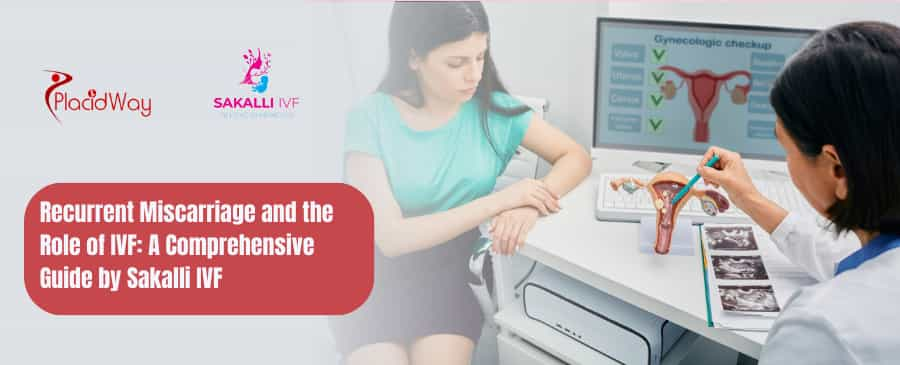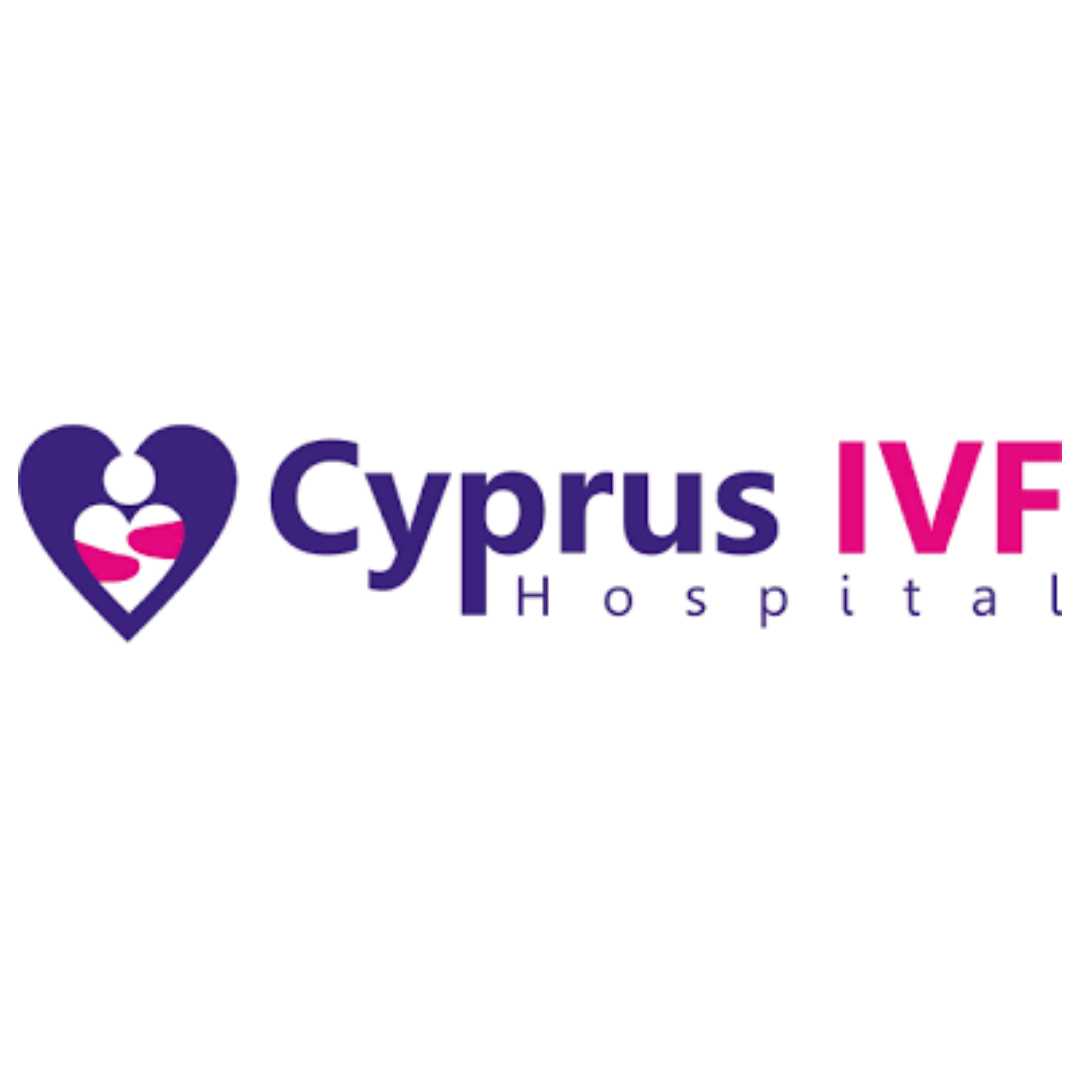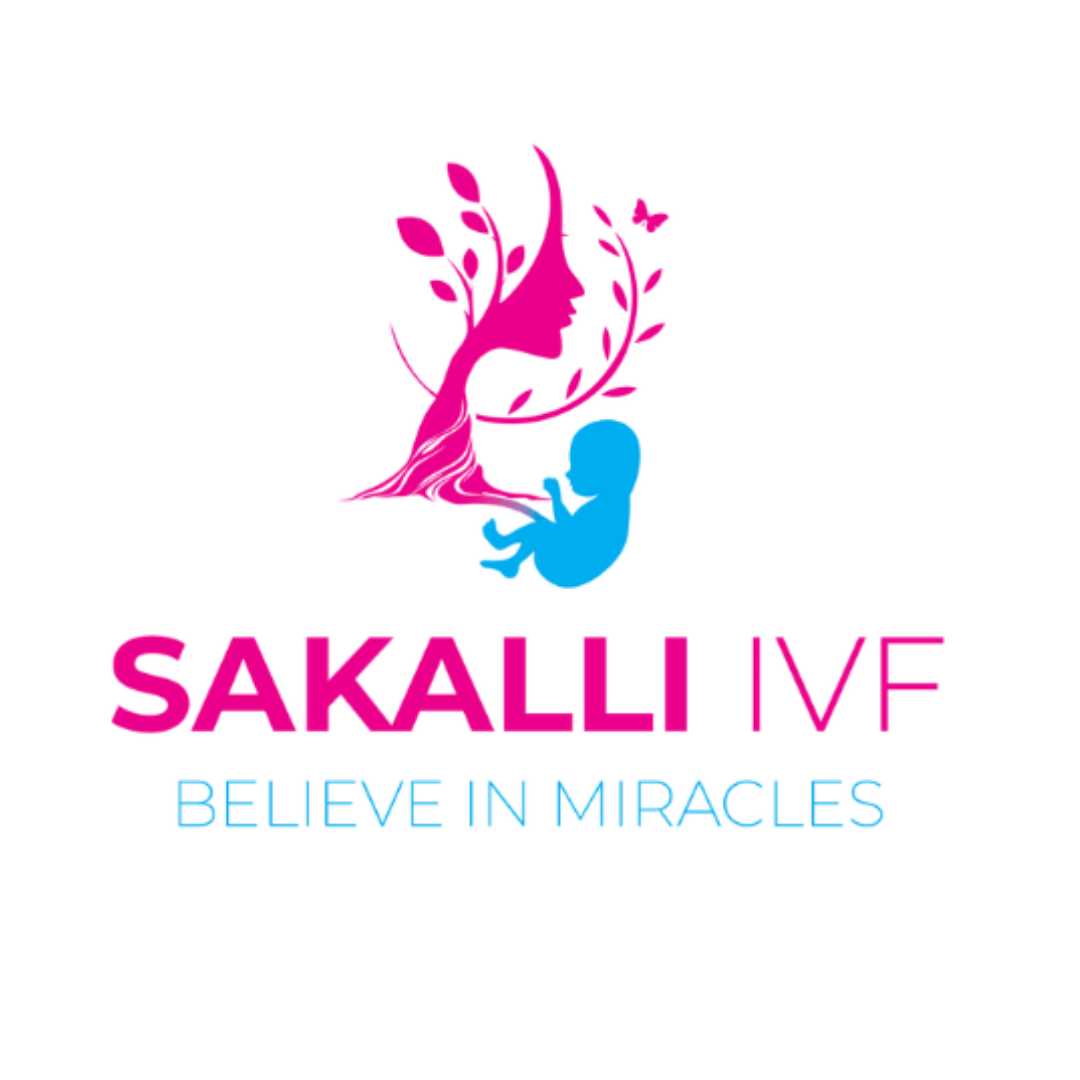
What is Recurrent Pregnancy Loss (RPL)?
Recurrent pregnancy loss (RPL) is defined as having three or more consecutive miscarriages before 20 weeks of gestation. Although it affects around 1% of women, recurrent miscarriage can be a deeply emotional and stressful experience. The pain of losing a pregnancy multiple times is compounded by feelings of uncertainty and frustration, especially after trying to conceive again.
Women who experience recurrent pregnancy loss should not be discouraged. With the right medical intervention, many women can successfully carry a pregnancy to term. Seeking advice from a specialist in women’s health and reproductive medicine is crucial to identifying the underlying causes and receiving appropriate treatment.
What Causes Recurrent Pregnancy Loss?
There are several potential causes of recurrent pregnancy loss. Understanding the root cause is the first step in determining the best course of treatment. Common causes include:
1. Thrombophilia:
Thrombophilia is a condition that makes the blood clot more easily than usual. This can impair placental function, leading to miscarriage. Women with thrombophilia are at an increased risk for pregnancy loss, and treatment with blood thinners can often improve pregnancy outcomes.
2. Autoimmune Factors:
Autoimmune disorders occur when the body mistakenly attacks its own cells. During pregnancy, this can involve the immune system attacking the embryo or placenta. In some cases, women with autoimmune diseases like lupus or antiphospholipid syndrome (APS) may face recurrent pregnancy loss.
3. Anatomical Reasons:
Structural abnormalities in the uterus can hinder the implantation or development of a fetus. These abnormalities, such as uterine septum or fibroids, can be identified through imaging tests and may require surgical correction.
4. Hormonal (Endocrine) Disorders:
Hormonal imbalances, such as thyroid dysfunction or polycystic ovary syndrome (PCOS), can interfere with the body’s ability to maintain a pregnancy. Proper management of these conditions is crucial for improving fertility outcomes.
5. Genetic Factors:
Chromosomal or genetic abnormalities in the embryo or either parent can lead to miscarriage. Genetic screening is often recommended for couples experiencing recurrent pregnancy loss to identify any underlying genetic causes.
Genetic Testing in IVF for Recurrent Loss: PGD and NGS
Advancements in genetic testing, particularly Preimplantation Genetic Diagnosis (PGD) and Next-Generation Sequencing (NGS), have revolutionized IVF treatment for women with recurrent pregnancy loss. These technologies offer detailed insights into the genetic health of embryos, significantly increasing the chances of a successful pregnancy.
Preimplantation Genetic Diagnosis (PGD):
PGD is a method used to analyze embryos created through IVF before they are implanted into the uterus. By identifying embryos with genetic or chromosomal abnormalities, only the healthiest embryos are selected for transfer, reducing the risk of miscarriage.
Next-Generation Sequencing (NGS):
NGS is a high-resolution technology that analyzes the DNA of embryos in greater detail than traditional methods. It offers a thorough screening for chromosomal structure and abnormalities, enabling the selection of genetically normal embryos with the highest potential for a successful pregnancy. NGS enhances IVF success rates by providing a more accurate, faster, and detailed genetic evaluation.
How IVF Helps After Recurrent Pregnancy Loss
In-vitro fertilization (IVF) offers a valuable pathway for women who have experienced multiple miscarriages. IVF not only provides a solution for achieving pregnancy but also allows doctors to closely monitor the health of embryos before implantation.
At Sakalli IVF, we incorporate PGD and NGS as part of our comprehensive care. These advanced technologies help screen for chromosomal or genetic issues, ensuring that only the healthiest embryos are transferred, thus improving the likelihood of a healthy pregnancy and reducing the risk of miscarriage.
IVF with PGD and Donor Eggs: A Higher Chance of Success
As women age, the quality of their eggs naturally declines, which increases the risk of chromosomal abnormalities. For women who have undergone IVF using their own eggs and faced multiple miscarriages or failed cycles, donor egg IVF may provide a higher chance of success. Donor eggs from younger women tend to have better quality, significantly improving the likelihood of pregnancy.
At Sakalli IVF, we also perform PGD and NGS on embryos created with donor eggs. This ensures that only genetically healthy embryos are selected, thereby enhancing the chances of a successful pregnancy and reducing the risk of miscarriage.
The Role of NGS in IVF: A Game-Changer
Next-Generation Sequencing (NGS) plays a transformative role in IVF by offering advanced, precise, and quicker genetic evaluations than traditional techniques. NGS allows our team at Sakalli IVF to determine the chromosomal count of embryos and screen for any genetic defects that could cause miscarriage or genetic diseases.
This advanced technology helps ensure that only the most genetically normal embryos are selected for transfer, improving the chances of a successful pregnancy and reducing the risks associated with recurrent miscarriage.
Personalized Care for Recurrent Pregnancy Loss at Sakalli IVF
At Sakalli IVF, we understand that recurrent pregnancy loss is not only a medical challenge but also an emotionally taxing experience. That’s why we offer personalized care tailored to the needs of each patient with a history of miscarriage.
Our approach combines advanced diagnostics, such as PGD and NGS, with hormonal evaluation, immunological testing, and anatomical assessments to identify the exact cause of recurrent pregnancy loss. Our experienced fertility team offers compassionate support, providing guidance through each step of your treatment plan.
With our comprehensive care approach, we strive to improve your chances of achieving a healthy pregnancy and help you realize your dream of parenthood.
Frequently Asked Questions (FAQs)
1. Can IVF help after multiple miscarriages?
Yes, IVF can help by providing a controlled environment to monitor embryo development and reduce the risk of miscarriage. Advanced genetic screening techniques, such as PGD and NGS, are also used to ensure that only healthy embryos are transferred.
2. What is the success rate of IVF for women with recurrent pregnancy loss?
The success rates vary depending on the underlying causes of recurrent pregnancy loss, maternal age, and the health of the embryos. With advanced genetic testing and personalized treatment plans, the chances of a successful pregnancy increase significantly.
3. How does PGD improve IVF outcomes?
PGD helps identify embryos with genetic or chromosomal abnormalities before they are implanted, ensuring that only healthy embryos are selected for transfer. This reduces the risk of miscarriage and increases the chances of a healthy pregnancy.
4. What is NGS and how does it help with recurrent miscarriage?
Next-Generation Sequencing (NGS) is a technology that analyzes the DNA of embryos to detect chromosomal abnormalities. By selecting only genetically normal embryos, NGS improves the chances of a successful pregnancy and reduces the risk of miscarriage.
5. Can donor eggs help women with recurrent pregnancy loss?
Yes, using donor eggs from younger women can improve the chances of a successful pregnancy, particularly for women who have faced multiple miscarriages with their own eggs. The eggs from younger donors tend to have better quality, reducing the risk of chromosomal abnormalities.
Get Free Advice Today
If you have experienced multiple miscarriages, there is still hope. At Sakalli IVF, our team of fertility specialists is dedicated to providing personalized care and advanced reproductive technologies to help you achieve a healthy pregnancy. Contact us today to schedule a consultation and take the first step toward a successful and fulfilling pregnancy.


.png)




.png)
.png)

.png)

.png)
.png)



Share this listing